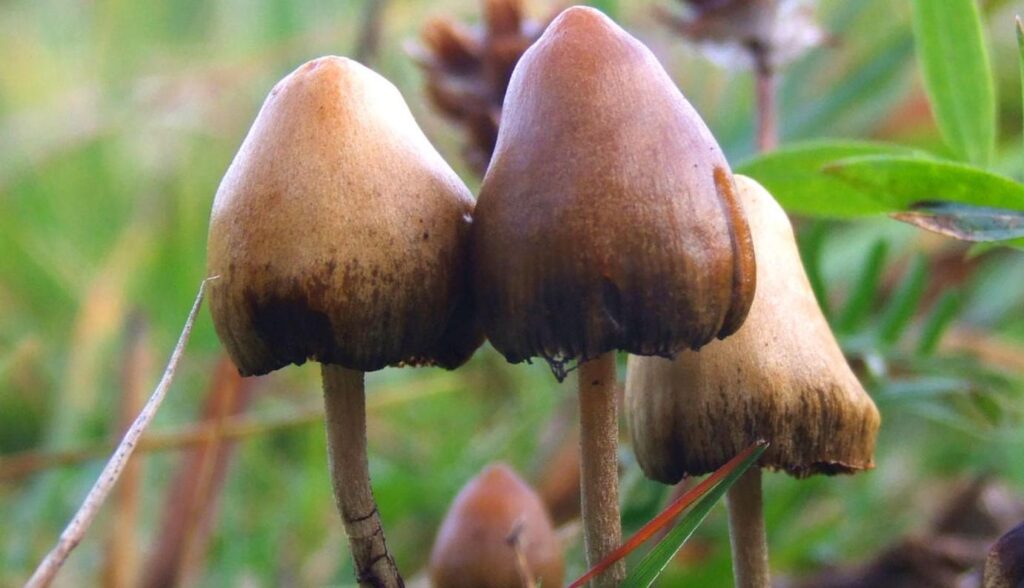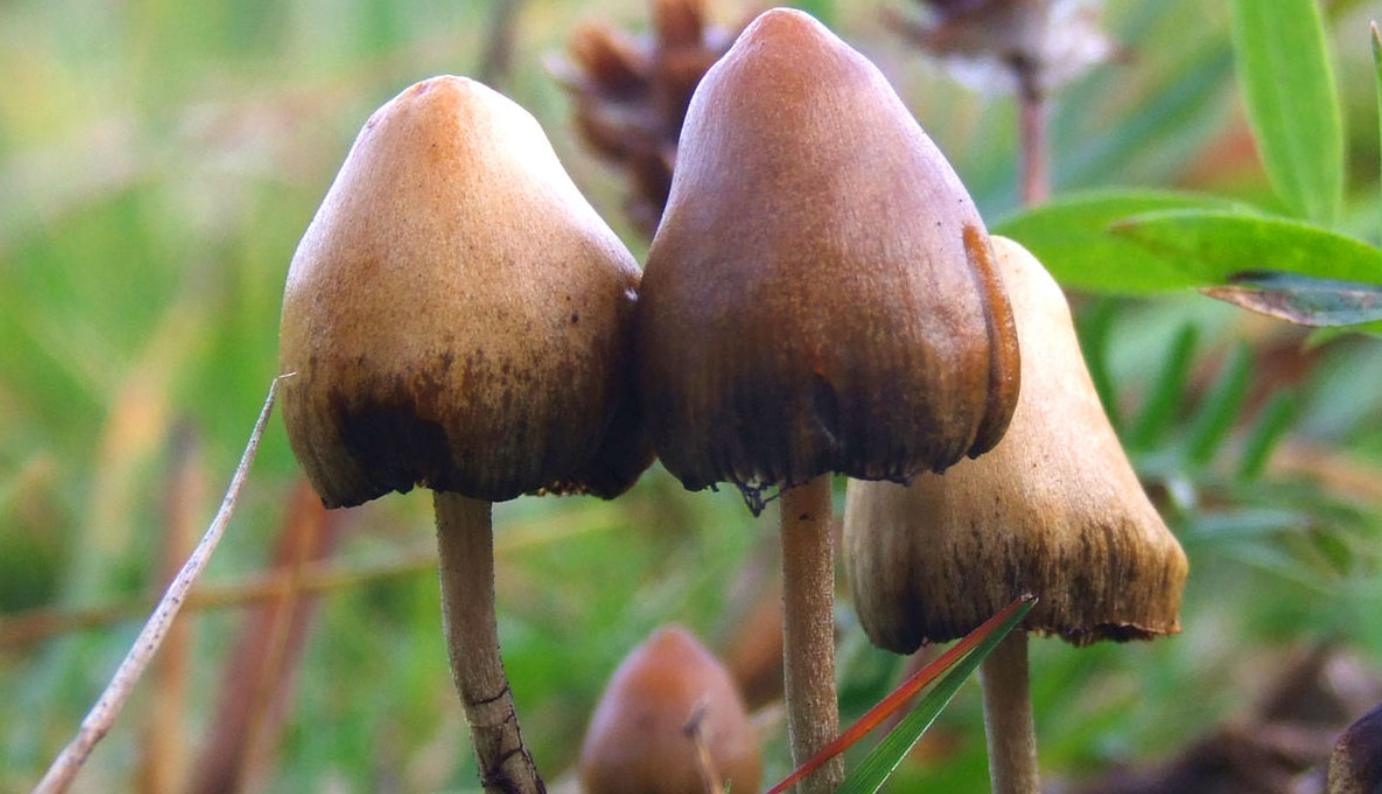
A trip to the doctor for a dose of magic mushrooms could help treat mental health conditions like PTSD, according to new research.
Small doses of the psychedelic drug psilocybin, found in magic mushrooms are not only good at easing disorders that are resistant to treatment, but they also have no short or long-term side effects in healthy people, scientists say.
In a study led by the Institute of Psychiatry, Psychology & Neuroscience (IoPPN) at King’s College London, researchers have found that the drug can be safely administered in up to six patients using doses of either 10mg or 25mg.
In partnership with COMPASS Pathways, the report is an essential first step for experts to prove the safety and feasibility of psilocybin as a treatment alongside talking therapies for a range of conditions including treatment-resistant depression (TRD) and PTSD.
The psychedelic is the first of its kind to go head-to-head with the traditional and often ineffective treatments on the market.
Although early research has hailed the mushroom as a promising treatment, no human trials have been conducted until now.
The trial is the first of its kind to thoroughly investigate the magic of the mushroom.
RELATED: Eating Mushrooms a Few Times a Week Could Dramatically Reduce Dementia Risk, Says 6-Year Study
Researchers used a sample of 89 participants who hadn’t used psilocybin within a year who were recruited to take part in the trial.
They then randomly picked 60 people to receive either a 10mg or a 25mg dose of psilocybin in a controlled lab environment.
After the doses were administered, the patients received one-to-one support from trained psychotherapists.
The remaining 29 participants acted as the control group and received a placebo drug, as well as psychological support.
The participants were closely monitored for six to eight hours and they were then followed up for 12 weeks.
During this time, they were assessed to track the number of possible changes, including sustained attention, memory, planning, as well as their ability to process emotions.
Dr James Rucker, a clinical scientist from the National Institute for Health Research, was the study’s lead author.
He said, “This rigorous study is an important first demonstration that the simultaneous administration of psilocybin can be explored further.
“If we think about how psilocybin therapy (if approved) may be delivered in the future, it’s important to demonstrate the feasibility and the safety of giving it to more than one person at the same time, so we can think about how we scale up the treatment.”
Dr Rucker, who is also an honorary consultant psychiatrist at South London and Maudsley NHS Foundation Trust added, “This therapy has promise for people living with serious mental health problems, like treatment-resistant depression (TRD) and PTSD.
“They can be extremely disabling, distressing and disruptive, but current treatment options for these conditions are ineffective or partially effective for many people.”
No-one withdrew from the study and there were no suggestions that either of the psilocybin doses had any short or long-term negative effects on the participants.
Professor Guy Goodwin the chief medical officer at COMPASS Pathways, said, “This study was an early part of our clinical development programme for COMP360 psilocybin therapy.
MORE: Dutch Man Invents Coffin That Turns Bodies Into Mushrooms: ‘We are nutrients, not waste’
“It explored the safety and feasibility of simultaneous psilocybin administration, with one to one support, in healthy participants, and provided a strong foundation to which we have now added positive results from our Phase IIb trial in 233 patients with TRD, and from our open-label study of patients taking SSRI antidepressants alongside psilocybin therapy.
“We are looking forward to finalizing plans for our phase three programme, which we expect to begin in Q3 2022.”
Since this study was conducted, the researchers have completed phase two of the study, which has explored the efficacy and safety of psilocybin in people living with TRD and PTSD, and are now analyzing their findings.
This study was published in The Journal of Psychopharmacology.
SHARE This Fascinating Research With Friends on Social Media…




















